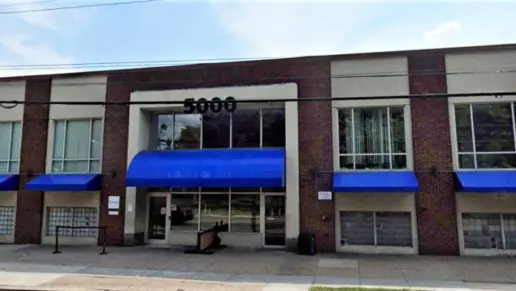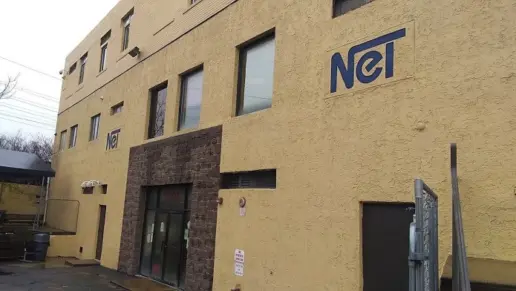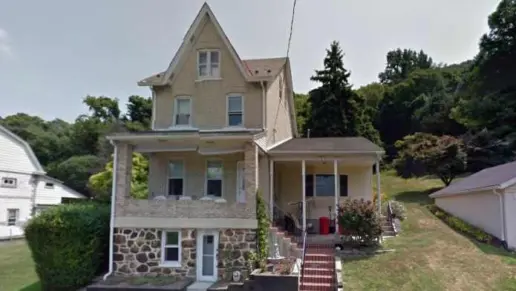From what I've read this place sucks and what else could anyone expect from the govt. If anyone really wants change and help there is Jesus Christ and that will work if the person seeking help is really serious. I've lived with family addicts my whole life and these treatm ...
About KeyStone Center
KeyStone Center is a treatment facility located in Chester, Pennsylvania. At this location they specialize in treating adults who are struggling with co-occurring mental health and substance use disorders. They offer medical detox and inpatient treatment. During inpatient treatment, a few of the services they offer include relapse prevention, medication management, medication assisted treatment (MAT), high risk situation/management HIV/STD education, yoga and experiential therapy. Family therapy and individual therapy are also provided. This facility accepts credit card payment and financing contracts.
During your time in inpatient care you will participate in both individual therapy and group therapy. What makes this so beneficial is the ability to discuss personal and private concerns, issues and challenges and receiving one on one treatment. This encourages you to be more vocal about your needs, advocate for yourself and learn coping skills to help you heal. This also helps you face life as it comes. While receiving care here, they will provide you the tools you need to help you move forward.
Group therapy gives you an opportunity to connect with others and also develop social skills. This helps change the way you interact with others and helps you learn communication skills. Group therapy offers that extra support and accountability with other peers while you help motivate one another.
They also offer holistic approaches to treatment that you can do on your own, like yoga. Yoga boosts your mood, reduces stress and helps with pain management. Yoga improves your mental health and encourages self care. This can help keep the focus on you and your recovery and help you manage your emotions.
While you are receiving treatment here they also discuss high risk situation/management HIV and STD education. Gaining more knowledge and education on addiction and life challenges can change your wellbeing drastically. By receiving education on prevention and also handling unpredictable scenarios, you’ll be better equipped to manage difficult situations. They also provide resources and linkage to care that you may need on your journey.
Rehab Score
Gallery
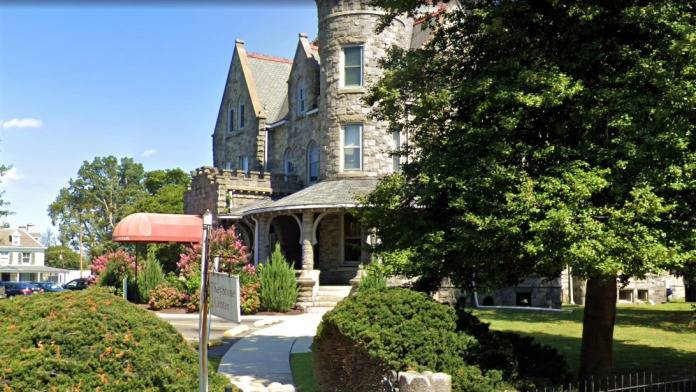
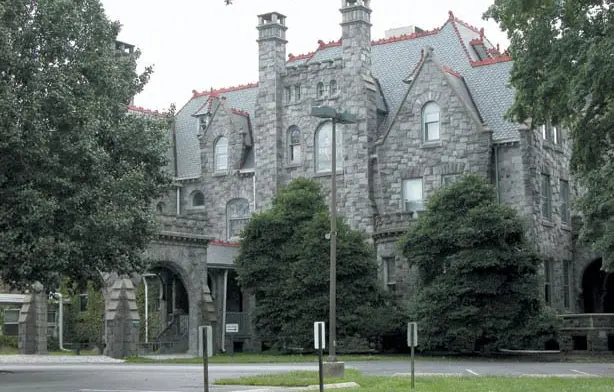
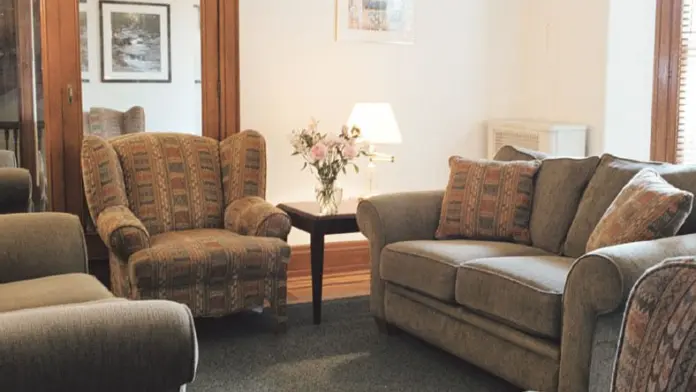
Location
Other Forms of Payment
Private insurance refers to any kind of healthcare coverage that isn't from the state or federal government. This includes individual and family plans offered by an employer or purchased from the Insurance Marketplace. Every plan will have different requirements and out of pocket costs so be sure to get the full details before you start treatment.
Self-pay involves paying for treatment out of your own pocket. You can use savings or credit, get a personal loan, or receive help from family and friends to fund your treatment. If you don't have insurance or your insurance plan doesn't cover a specific program, self-pay can help ensure you still get the care you need.
Medicaid is a state based program that helps lower-income individuals and families pay for healthcare. Medicaid covers addiction treatment so those enrolled can use their coverage to pay for rehab. When a program accepts Medicaid the client often pays very little or nothing out of their own pocket.
Addiction Treatments
Levels of Care
Treatments
The goal of treatment for alcoholism is abstinence. Those with poor social support, poor motivation, or psychiatric disorders tend to relapse within a few years of treatment. For these people, success is measured by longer periods of abstinence, reduced use of alcohol, better health, and improved social functioning. Recovery and Maintenance are usually based on 12 step programs and AA meetings.
Drug rehab in Pennsylvania is devoted to the treatment of addiction. Levels of care, treatment methods, and settings differ, but the aim of each program is to end drug dependency and empower participants to achieve long-term recovery.
Many of those suffering from addiction also suffer from mental or emotional illnesses like schizophrenia, bipolar disorder, depression, or anxiety disorders. Rehab and other substance abuse facilities treating those with a dual diagnosis or co-occurring disorder administer psychiatric treatment to address the person's mental health issue in addition to drug and alcohol rehabilitation.
Opioid rehabs specialize in supporting those recovering from opioid addiction. They treat those suffering from addiction to illegal opioids like heroin, as well as prescription drugs like oxycodone. These centers typically combine both physical as well as mental and emotional support to help stop addiction. Physical support often includes medical detox and subsequent medical support (including medication), and mental support includes in-depth therapy to address the underlying causes of addiction.
Substance rehabs focus on helping individuals recover from substance abuse, including alcohol and drug addiction (both illegal and prescription drugs). They often include the opportunity to engage in both individual as well as group therapy.
Programs



Clinical Services
CBT is based on the theory that learning processes play a critical role in the development of unhealthy patterns linked with mental health and substance abuse problems. It is used to help clients identify and correct problematic or destructive behaviors by applying a variety of different coping/relapse prevention skills, and evaluate and change unhelpful or self-defeating thought processes that are negatively influencing a client’s emotions or behaviors. CBT consists of a collection of methods intended to enhance a person’s self-control. Specific techniques include exploring the positive and negative consequences of self-defeating thinking or using drugs and alcohol, self-monitoring to recognize drug cravings early on and to identify high-risk situations for use, and developing strategies for coping with and avoiding high-risk situations and the desire to use.
Dialectical Behavior Therapy (DBT) is a modified form of Cognitive Behavioral Therapy (CBT), a treatment designed to help people understand and ultimately affect the relationship between their thoughts, feelings, and behaviors. DBT is often used for individuals who struggle with self-harm behaviors, such as self-mutilation (cutting) and suicidal thoughts, urges, or attempts. It has been proven clinically effective for those who struggle with out-of-control emotions and mental health illnesses like Borderline Personality Disorder.
Experiential therapy is a form of therapy in which clients are encouraged to surface and work through subconscious issues by engaging in real-time experiences. Experiential therapy departs from traditional talk therapy by involving the body, and having clients engage in activities, movements, and physical and emotional expression. This can involve role-play or using props (which can include other people). Experiential therapy can help people process trauma, memories, and emotion quickly, deeply, and in a lasting fashion, leading to substantial and impactful healing.
Addiction does not operate in a vacuum. It is a problem that very much impacts not only the addict but also anyone who cares about the addict. It is important, therefore, to treat not only the addict but the entire family. KeyStone Center’s Family Therapy Program offers patients and their families a chance to work on family issues while the client is in treatment. Family members are given an opportunity to discuss how the addiction has impacted the family and issues that may have been “swept under the rug” are brought out and clarified. Patients are offered support before, during, and after the family sessions by means of group and individual therapy.
In individual therapy, a patient meets one-on-one with a trained psychologist or counselor. Therapy is a pivotal part of effective substance abuse treatment, as it often covers root causes of addiction, including challenges faced by the patient in their social, family, and work/school life.
Motivational Interviewing is a person-centered, collaborative, form of guiding to elicit strategies for change, by helping people explore their ambivalence toward dealing with problems and resolving this uncertainty. Motivational interviewing acknowledges and accepts the fact that people who need to make changes in their lives approach counseling at different levels of readiness of change. It provides a non-judgmental and non-confrontational approach used to increase a person’s awareness of a problem’s cause, its risks, and its impact on their lives.
Amenities
-
Gym
-
Yoga Studio
-
Private Rooms
Staff & Accreditations
Staff
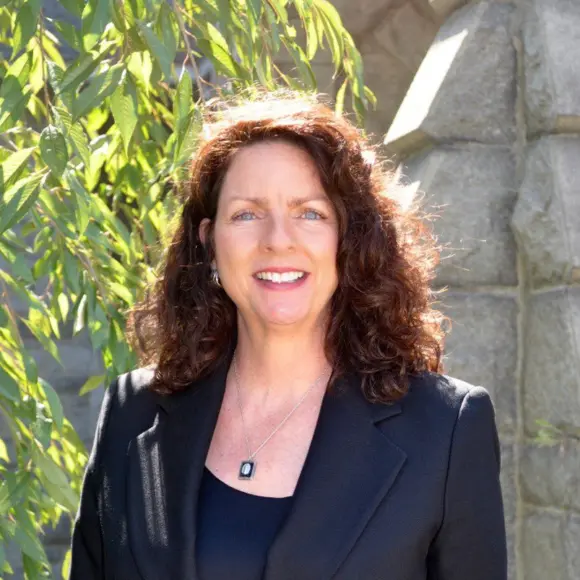
Chief Operating Officer

Chief Financial Officer
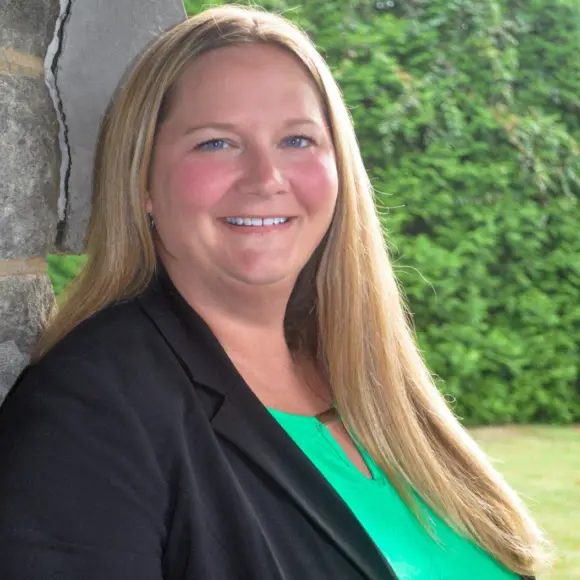
Director of Admissions
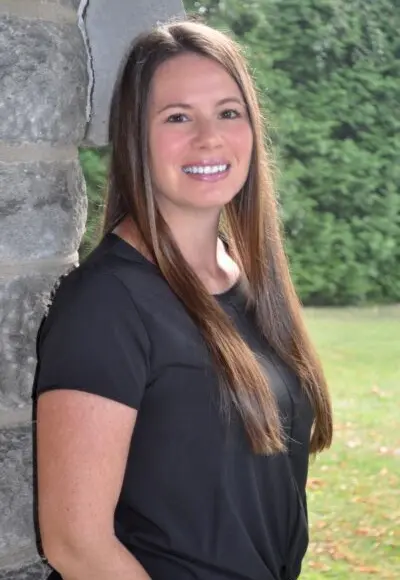
Director of Utilization Review

Director of Nursing
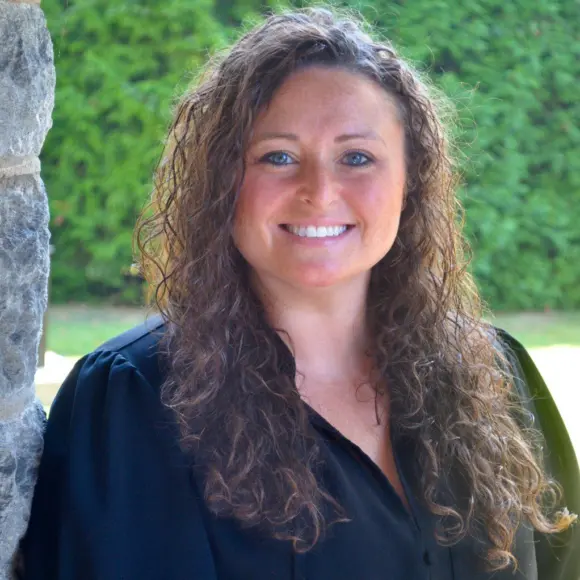
Director of Quality Assurance and Programming
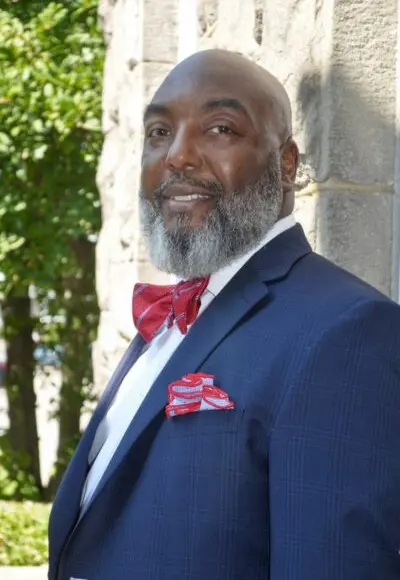
Director of Clinical Services
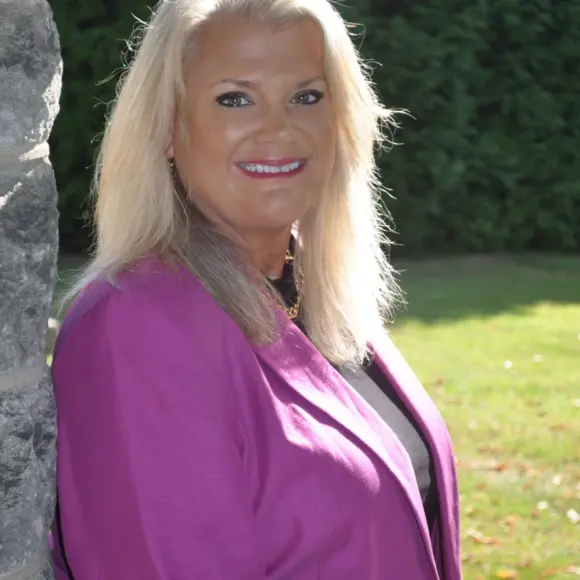
Director of Business Development
Accreditations

The Joint Commission, formerly known as JCAHO, is a nonprofit organization that accredits rehab organizations and programs. Founded in 1951, the Joint Commision's mission is to improve the quality of patient care and demonstrating the quality of patient care.
Joint Commission Accreditation: Yes
Contact Information
2001 Providence Avenue
Chester, PA 19013
